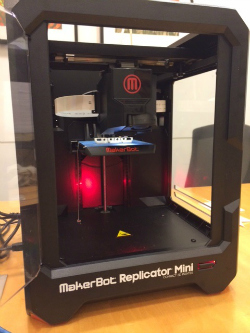The MSK Library has subscriptions to thousands of titles in medical and scientific research. However, no library can have them all. For those patrons who need access to research outside the library’s subscriptions, we offer an Interlibrary Loan and Document Delivery service. In this month’s Do You Know post, I thought I’d shed some light onto this helpful and convenient service.
The Interlibrary Loan team here at MSK processes around 38,000 requests annually; both finding articles and books for our researchers as well as providing materials to researchers at other institutions. Once a request is entered into our ILLiad Document Delivery System, it is given individual attention by one of our team members.
We confirm that the citation is correct, check for the item in our collection, and make sure appropriate attention is payed to copyright compliance. Once we determine that the article is not available in our own collection, nor online through a free legal source, it is sent off through various channels to our lenders. This is most often done through Docline, a system run by the National Library of Medicine for just this purpose. We also send some requests through OCLC; a large network connecting libraries worldwide. While there is sometimes a cost involved in these transactions, the library absorbs it as part of our service.
On the rare occasion that we are unable to track down an item, it is never because of lack of effort on our part. We love the challenge of locating obscure and outmoded materials to help the MSK community reach their research goals!
So when you find yourself hitting the inevitable paywall, direct your browser to the Document Delivery Service.
 The things people are doing with 3D printing – from robotic prosthesis to cookie cutters shaped like Yoda – never cease to amaze me. We’ve mentioned some of the
The things people are doing with 3D printing – from robotic prosthesis to cookie cutters shaped like Yoda – never cease to amaze me. We’ve mentioned some of the 